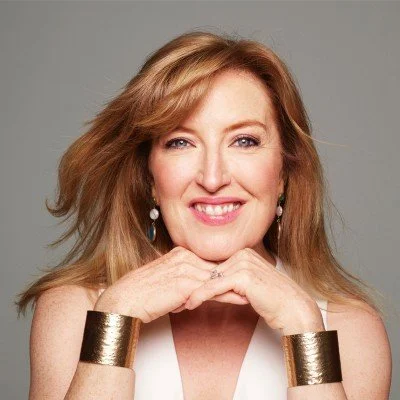What makes a luxury product timeless? What is unique about luxury brands in Britain compared to our international counterparts? How is the role of luxury in Britain changing, and how can we in the industry best adapt?
On the 1st of August 2018, we were privileged to host a conversation with Helen Brocklebank, CEO of Walpole, the official trade body representing the British luxury industries. Walpole was founded in 1992 and counts more than 210 British brands in its membership, including Alexander McQueen, Tiffany & Co. and Rolls-Royce Motor Cars. A not-for-profit organisation, Walpole promotes and protects the British luxury sector and over £32 billion of the British economy.
Our guests, who were drawn from a wide spectrum of companies, including Harrods Publishing and Bulgari Hotels, joined us at Maison Assouline to hear from Helen on the position and future of luxury in Britain.
In passionate tones, Helen explained to us what really makes a luxury product luxury: the object’s beauty and craftsmanship. Luxury is an experience, and the product is a token of that experience. ‘Luxury is not about the price,’ she told us. ‘It’s about the way it makes you feel.’ She told us about her lasting love of opera, which she frequented as a student, buying the cheapest available ticket, and still frequents now (albeit with better seats), yet the warmth and glamour of the experience hasn’t changed with the price tag.
Helen went on to discuss the varied mentorship programmes organised by Walpole, mostly to support those launching their careers in the luxury industry; with one of their main initiatives titled Brands of Tomorrow. This programme fosters emerging talent at young companies by pairing new founders with experienced leaders from established brands.
We learnt that recently, Walpole has partnered with The Careers & Enterprise Company to launch a national network that connects schools and colleges with local businesses, to teach young people about craftsmanship and service. Not only does this increase employment opportunities, but it also fills a gap in talent, as fewer and fewer people are developing the skillset to craft luxury products. ‘In a world where so many things are unfinished, it feels satisfying to actually finish something,’ Helen noted.
At the end of the talk, Helen fielded questions on the impact of Brexit on startups, the definitions of luxury, and the differences between companies providing luxury services and luxury products. Long after our official Q & A finished guests were speaking to Helen, seeking her master opinion on their careers.
We would like to extend our greatest thanks to Helen Brocklebank, for her expertise and her candour, to the venue, Maison Assouline, who hosted us in the very lap of luxury, and of course to our lovely audience for joining us.


